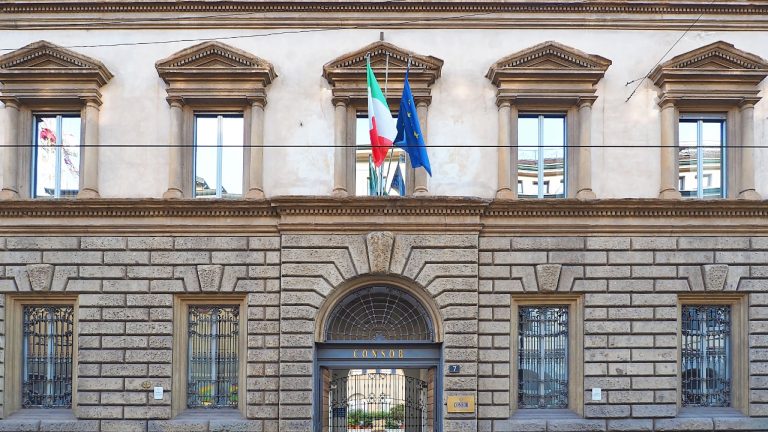Italian Regulator Warns Binance Crypto Exchange Not Authorized to Provide Investment Services in Italy

Binance’s regulatory troubles grow with Italy being the latest country to issue a warning on the global cryptocurrency exchange. Other countries that have issued similar warnings include the U.K., Japan, Thailand, and the Cayman Islands.
Crypto Exchange Binance Unauthorized in Italy
Italy’s financial regulator, Commissione Nazionale per le Società e la Borsa (Consob), published a warning on cryptocurrency exchange Binance Thursday. The regulator wrote:
Consob warns savers that the companies of the ‘Binance Group’ are not authorized to provide investment services and activities in Italy.
Consob clarified that activities through binance.com are also unauthorized, noting that the website’s “sections called ‘derivatives’ and ‘Stock Token,’ relating to instruments related to crypto-assets, were previously also written in Italian.”
The regulator proceeded to caution the public when investing in cryptocurrency or crypto-related investments, “for this may imply the total loss of the sums of money invested.”
The Italian financial watchdog concluded: “It is important that savers are informed that transactions in instruments related to crypto-assets may present risks that are not immediately perceptible, due to their complexity, the high volatility of the prices of these instruments as well as for malfunctions and cyberattacks to which the IT infrastructures used for such operations may be subjected.”
Recently, regulators in the U.K., Japan, Cayman Islands, and Thailand issued similar warnings on Binance. The exchange subsequently suspended GBP withdrawals and EUR deposits via SEPA bank transfers.
A number of banks in the U.K. have suspended fund transfers to Binance following the Financial Conduct Authority’s warning on the exchange, including Barclays and Santander Bank. Furthermore, Faster Payments and Clear Junction have also stopped processing payments for Binance.
What do you think about Binance’s troubles with regulators worldwide? Let us know in the comments section below.



